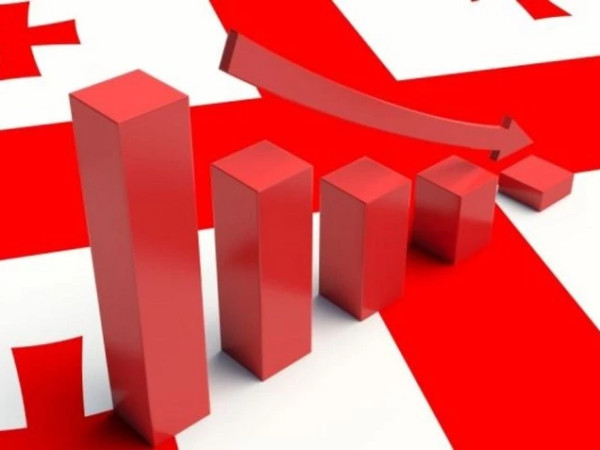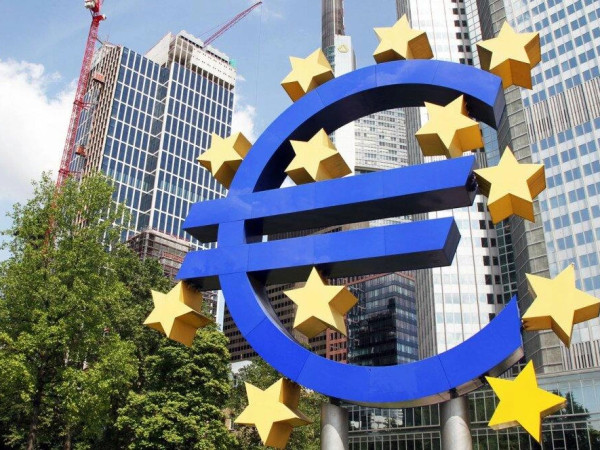The general government deficit of France for 2020 stands at €211.5 billion, accounting for 9.2% of gross domestic product (GDP), after 3.1% in 2019. Revenues decreased by 63.1 billion (−5.0%). Their decline is slightly less pronounced than that of GDP in value terms (−6.1%).
Thus, as a proportion of GDP they increased by 0.6 percentage points, from 52.3% in 2019 to 52.9% in 2020. The tax and social security contribution rate increased by 0.9 points to 44.7%. Expenditures increased by €73.6 billion, reaching 62.1% of GDP, after 55.4% in 2019. General government debt stands at 115.7% of GDP at the end of 2020.
Thus, as a proportion of GDP they increased by 0.6 percentage points, from 52.3% in 2019 to 52.9% in 2020. The tax and social security contribution rate increased by 0.9 points to 44.7%. Expenditures increased by €73.6 billion, reaching 62.1% of GDP, after 55.4% in 2019. General government debt stands at 115.7% of GDP at the end of 2020.
In 2020, general government expenditure jumped to +5.5%, after +2.6% in 2019. Excluding tax credits, the increase is more marked: +7.1% in 2020 after +2.8% in 2019, reads the recent data of the National Institute of Statistics and Economic Studies of France.
Operating expenditure increased by 2.3% in 2020 after +1.8% in 2019. Remuneration accelerated (+€6.7bn after €3.4bn in 2019) due to a net increase in remuneration paid to hospital staff (+€3.7bn). Intermediate consumption slowed down (+2.3% after +3.4%), due to a net decrease in purchases by municipalities, partly offset by exceptional spending by the State, Santé publique France and hospitals in the context of the health crisis.
The interest burden decreased again significantly (−14.4%) due to the maintenance of medium and long-term rates at historically low levels and the weakness of inflation, which had a positive effect on the interest cost of indexed securities.
Social benefits increased very strongly, by 8.0%, after +2.7% in 2019. Cash benefits accelerate sharply (+9.7% after +3.0% in 2019), under the effect of crisis measures, primarily the exceptional partial activity allowances (€27.4bn) paid by the State and Unédic. Social transfers in kind of market goods and services also accelerated, albeit more moderately, at +2.2% after +1.6% in 2019.
The exceptional measures decided in the context of the health crisis also resulted in very strong growth in other transfers and subsidies (12.2% after +4.2% in 2019). The growth in subsidies took place in the context of the extinction of expenditure on the tax credit for competitiveness and employment (−€18.5bn).
It was driven primarily by the aid paid by the solidarity fund to companies and the self-employed whose activity was affected by the health crisis and the measures taken to limit the spread of the epidemic (€16.3bn), by the subsidies granted in the form of contribution exemptions targeted at the companies most affected by the crisis (€7.9bn), as well as by the others emergency aid measures put in place by public administrations.
It was driven primarily by the aid paid by the solidarity fund to companies and the self-employed whose activity was affected by the health crisis and the measures taken to limit the spread of the epidemic (€16.3bn), by the subsidies granted in the form of contribution exemptions targeted at the companies most affected by the crisis (€7.9bn), as well as by the others emergency aid measures put in place by public administrations.
Net acquisitions of non-financial assets decreased by 1.4% in 2020, after an increase of 11.0% in 2019. This decrease (−€1.3nb) is mainly due to the backlash (−€4.6bn) from the high level of investment by municipalities reached in 2019 at the end of the electoral cycle (down by €4.6bn in 2020), accentuated by the health context and the postponement of the elections. The drop in investment is partially offset by the significant change in Santé publique France's inventory (€1.7bn), mainly of masks.















